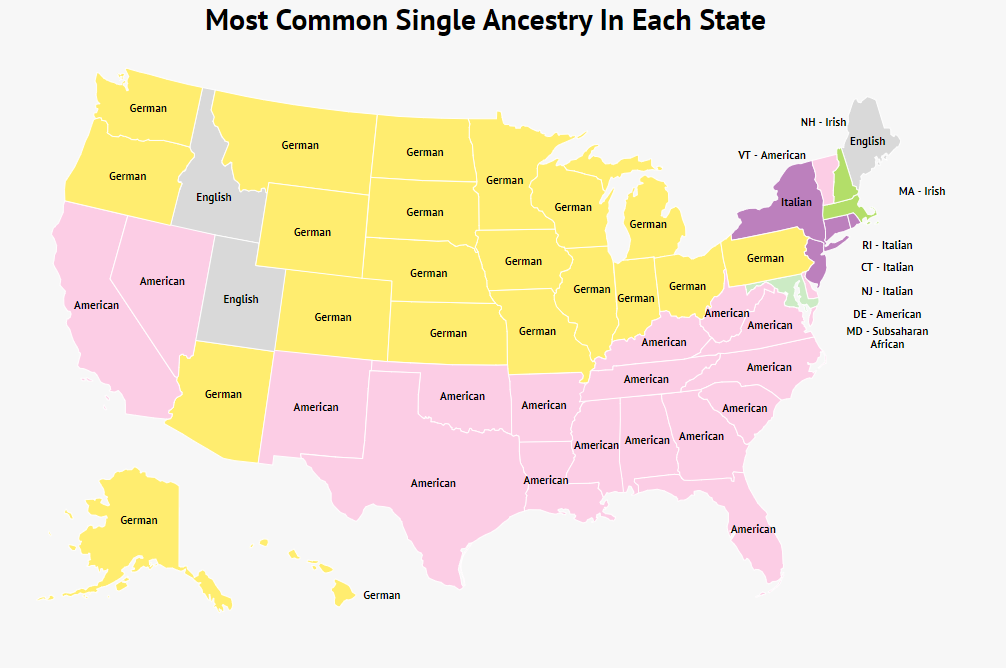In an era marked by widespread divisiveness and identity politics, the teachings of the Bahá’í Faith present a transformative perspective on the notion of ancestry and unity. At its core, the Bahá’í belief system posits an underlying oneness of humanity, suggesting that all individuals, regardless of their ethnic or cultural background, can trace their lineage back to a common source. This article serves as a reflection on the profundity of this tenet while elucidating the implications it has for fostering global solidarity, understanding, and compassion.
To begin with, the Bahá’í Faith emerges from the rich tapestry of human history as a response to the urgent sociocultural challenges of the contemporary world. One of the pivotal teachings espoused by Bahá’u’lláh, its founder, proclaims that humanity is but one family. This assertion compels adherents to reframe their understanding of identity and ancestry—not as discrete or mutually exclusive categories, but rather as interconnected narratives that weave the fabric of a unified global community.
The idea of common ancestry could invoke a paradigm shift in our perception of ourselves and others. Traditionally, societies have often clung to the idea of distinct national, cultural, or racial identities as defining characteristics. However, the Bahá’í teachings probe deeper, emphasizing the spiritual aspects of our existence. This realization enlarges our scope of empathy, compelling us to regard every individual as an integral part of a larger human mosaic.
Furthermore, acknowledging our shared lineage prompts an exploration into the origin of societal conflicts. Much discord arises from ignorance and misunderstanding. When one adopts a Bahá’í perspective, one is encouraged to recognize that many differences—whether they be racial, cultural, or ideological—are often superficial, rooted in historical constructs rather than inherent truths. This understanding creates fertile ground for the dissolution of prejudiced notions and fosters a culture of open dialogue and inclusivity.
Exploring this concept further, one notes that the Bahá’í writings shed light on the concept of the soul, which transcends all earthly divisions. The soul’s divine origin implies that regardless of our disparate backgrounds, we have a shared spiritual ancestry that connects us with higher realms of existence. This spiritual bond nurtures compassion and encourages individuals to act not solely in the interest of their immediate communities but for the welfare of humanity at large.
This perspective can also have practical applications in multiple arenas, including education and governance. An educational system based on Bahá’í principles seeks to develop each child’s awareness of their role in a unified society. Such an education would emphasize character-building alongside academic achievement, instilling qualities of altruism, respect, and service. By prioritizing these values, society nurtures future generations who embrace their shared humanity as a core component of their identity.
Moreover, governance that reflects Bahá’í teachings acknowledges the importance of consultation and collective decision-making, viewing diverse opinions as essential contributions to the common good. This approach builds trust and cooperation among individuals from different circumstantial backgrounds, underpinning the belief that through collaborative efforts, societies can solve intricate global challenges such as poverty, climate change, and social injustice.
As we delve deeper into the implications of shared ancestry, one also encounters the Bahá’í commitment to gender equality. The teachings advocate that both men and women are equal partners in the advancement of civilization. This ideology stems from the core belief that differentiating individuals based on gender is as arbitrary as distinguishing them by race or nationality. The collective evolution towards greater equality embodies an essential dimension of our shared humanity, reinforcing the vision of a world free from artificial barriers.
Moreover, in spiritual practice, the Bahá’í teachings emphasize prayer and meditation, allowing individuals to connect with their inner selves and, by extension, with others. Regular spiritual reflection can enable personal growth and cultivate a sense of interconnectedness with every human being. As individuals engage in this introspective journey, they begin to realize that their actions resonate beyond their immediate environment, impacting the collective whole.
It is also salient to consider the role of diversity within the Bahá’í community itself. The Bahá’í Faith has emerged from a confluence of various cultures and traditions, which underlines its commitment to a global perspective on knowledge and experience. By celebrating, rather than merely tolerating, differences, Bahá’ís can illustrate how diverse backgrounds enrich the dialogue and understanding within a community. This methodology encourages curiosity, compelling individuals to learn from one another rather than uphold preconceived notions about their differences.
In conclusion, the Bahá’í teachings on common ancestry provide a profound lens through which humanity can navigate the complexities of the present age. By recognizing our shared heritage, we embark on a journey toward greater empathy and cooperation. This shift in perspective possesses the potential to transform relationships, communities, and nations. With each step taken towards unity, we exemplify the possibility of a more harmonious existence, reflecting the essence of our intrinsic interconnectedness. In practicing and sharing these principles, humanity may ultimately forge a brighter, more inclusive future for all.
